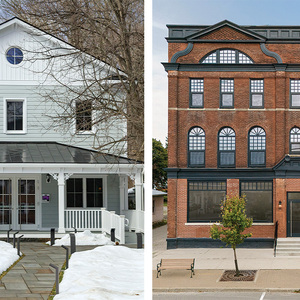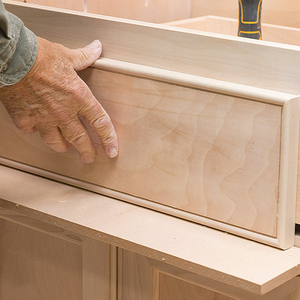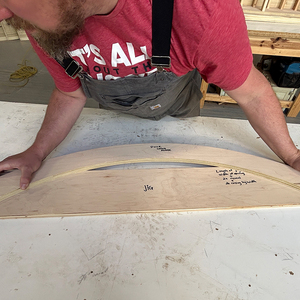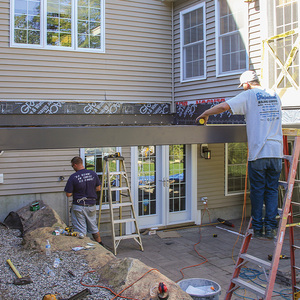I recently sheeted my new garage with drywall. I decided to have a professional come and do the finishing. Upon seeing the garage, he said I had done a good job, but should have staggered my end joints, and that they would likely crack, because I hadn’t done so. The day after they completed finishing the drywall, the joints were very noticeably cracked from floor to ceiling (12 feet). I also noticed on the opposite wall a four foot joint that was staggered cracked as well. The last day they worked on the garage, they sprayed the ceiling and primed the walls. The humidity in the garage while they did this was very high. I realize that I probably messed up not staggering the joints, but I am surprised at how quickly the joints cracked. Could the moisture have affected this, and is it worth trying to repair, now that the drywall is sealed with primer? Any input would be appreciated. Thank you



















Replies
Did you use any blocking when framing the walls?
Excellence is its own reward!
just a few questions.
Because he mentioned garage and given the time of year, any chance a low temp could have caused it to crack?
I know we don't know his location, just curious if low temp, like freezing, could cause it to crack
edit: and what are you doing up so late it's almost 1 o'clock in your parts? always figured mr piff as an early to bed early to rise kinda guy
Edited 12/9/2003 12:54:00 AM ET by CAG
Was awake watching and worrying about the weather and trying for a slot to get my slab poured.
As it turned out, I had reason to worry. The pumper froze up so it didn't happen. Tonight, the pumper is in the heated warehouse, the weather is warmer but I have to watch for rain by PM
A multitude of things can be causeing this cracking and some of the SR hounds should comment. The cold could contribute but with studs that long and no stress trans-spanning by staggered joints is probably the biggest cause.
Any wall over eight feet should have fire blocking between the studs which would also limit the movement that is focusing stresses in that vertical joint. Since there is a four foot semio-staggered joint that cracked also, I was looking for a reason other than just lack of staggering. Lack of blocking could also contribute.
Thus the question.
.
Excellence is its own reward!
Hi
The tall wall was blocked and the shorter joint that cracked is the upper four feet of the houses basement wall with the floor on top.On a closer look today it almost looks like the compound has pulled into the joint causing it to crack.
That sounds like a shrinkage crack from too much water in the mix, but could still be other factors involved.
Excellence is its own reward!
also, if that's the case, it is a good bet that he was doing the second and third coart before the base coat was set up. if this is the case, you arelikely to be able to fix it with another skim coat..
Excellence is its own reward!
The two main causes of drywall failure are wood shrinkage and humidity. Since you had high humidity, that coupled with slight wood shrinkage could be the cause, but what type of compound did he use, did he use mesh tape and how well did he secure the butt joints to the stud (some guys use screws or nails every 10 inches). Just another day in butt joint land...and the beat goes on!
Drywall joints crack because
Topping, not joint compund was used - not enough or no mud was forced into the joint - fiberglass was used instead of paper tape - too much water in the mud - joints not staggered - joints not centered on studs - using nails instead of drywall screws on joints.
any combination of the above-
or
the wife drove the truck into the wall
;).
Excellence is its own reward!